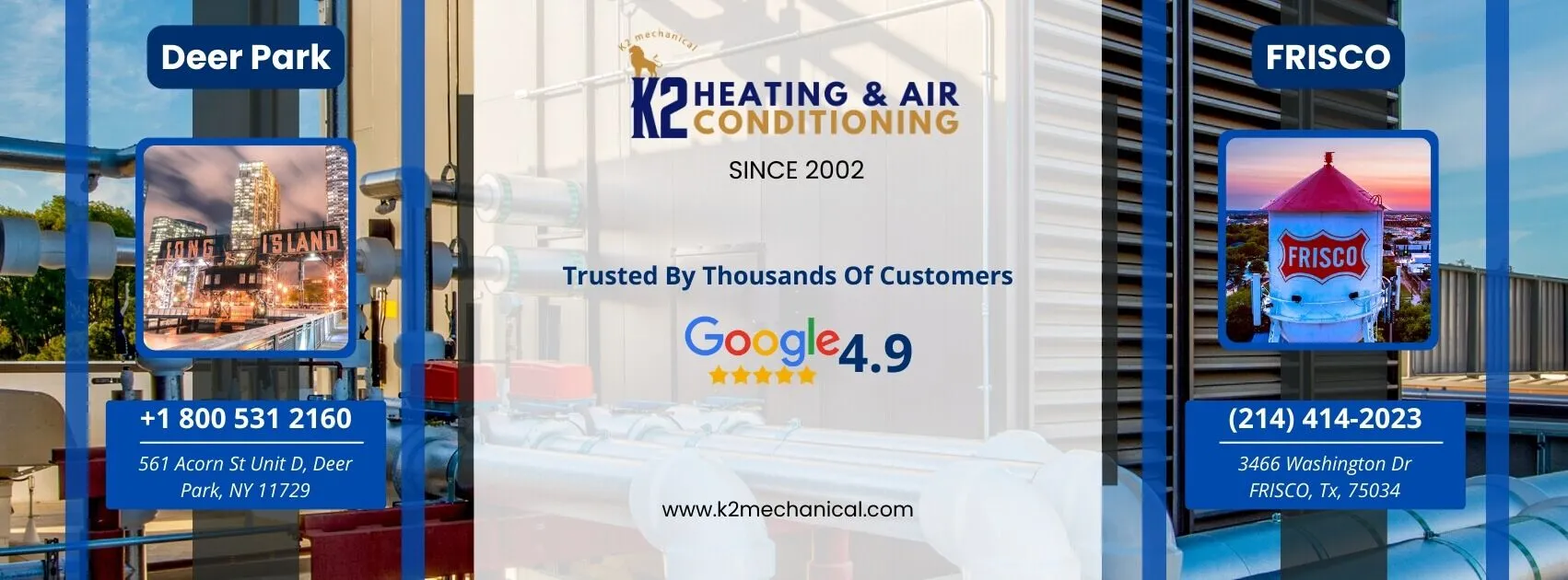Guide to Choosing Indoor Air Quality Services
Indoor air quality significantly impacts our overall health and comfort. Poor air quality can lead to respiratory problems, allergies, and other health concerns. That’s why opting for professional indoor air quality services is essential. With so many service providers available, knowing how to choose the right one can be overwhelming. This guide will walk you through everything you need to know to make an informed decision.
Why Indoor Air Quality Services Matter
Indoor air pollutants like dust, mold, pet dander, and volatile organic compounds (VOCs) can affect your home environment. Investing in professional indoor air quality services helps:
- Reduce Health Risks: Proper air quality reduces allergens and toxins, improving respiratory health.
- Improve Comfort: Balanced humidity levels and clean air create a more comfortable living space.
- Enhance Energy Efficiency: A clean HVAC system runs efficiently, lowering energy costs.
Key Factors to Consider When Choosing Indoor Air Quality Services
Selecting a reliable service provider ensures the best results. Here are the factors to evaluate:
1. Experience and Expertise
Look for companies specializing in indoor air quality services with proven expertise. Experienced providers understand various air quality challenges and offer tailored solutions.
Tip: Check the company’s certifications, such as NADCA (National Air Duct Cleaners Association) or other relevant industry standards.
2. Range of Services Offered
A comprehensive service provider will offer a variety of solutions, including:
- Air duct cleaning
- Mold remediation
- Humidity control
- Installation of air purifiers and filters
- HVAC maintenance
Choose a company that provides a holistic approach to improving indoor air quality.
3. Use of Advanced Technology
Modern air quality services leverage advanced tools for precise assessments and effective treatments. Ensure the provider uses:
- Air quality monitors
- UV-C light systems for disinfection
- HEPA filters and purification systems
These technologies help identify and eliminate contaminants effectively.
4. Customer Reviews and Testimonials
Online reviews and testimonials provide valuable insights into the company’s reliability and service quality. Look for consistent positive feedback on:
- Punctuality
- Professionalism
- Effective solutions
Platforms like Google Reviews, Yelp, and Better Business Bureau (BBB) ratings are good places to start.
5. Customized Solutions
Every home has unique air quality challenges. A good provider will conduct a thorough inspection and suggest solutions tailored to your specific needs, rather than offering one-size-fits-all options.
Steps to Take When Hiring an Indoor Air Quality Service
1. Research Providers
Create a shortlist of local providers specializing in indoor air quality services. Focus on their expertise, credentials, and available services.
2. Request a Consultation
Most reputable companies offer free consultations or on-site assessments. This allows them to identify:
- Sources of poor air quality
- Specific pollutants affecting your home
- Recommendations for improving air quality
3. Compare Pricing
Obtain quotes from multiple providers and compare costs. However, avoid choosing solely based on price; the cheapest option may compromise quality.
4. Verify Licenses and Insurance
Ensure the company holds appropriate licenses and insurance. This protects you from liability during the service process.
Benefits of Hiring Professional Indoor Air Quality Services
- Improved Health: Cleaner air minimizes exposure to allergens and harmful toxins.
- Increased System Efficiency: Well-maintained air systems operate effectively, reducing energy bills.
- Long-Term Savings: Preventative measures reduce costly repairs and medical expenses.
- Compliance with Standards: Professionals adhere to industry regulations, ensuring the job is done right.
Common Indoor Air Quality Solutions
1. Air Duct Cleaning
Dust, debris, and mold can accumulate in ducts, affecting air circulation. Regular cleaning removes these contaminants.
2. Air Filtration Systems
Installing HEPA or activated carbon filters traps allergens, pollutants, and odors, ensuring cleaner air.
3. Humidity Control
Balancing humidity prevents mold growth and improves air comfort. Dehumidifiers or humidifiers can address specific needs.
4. Ventilation Improvement
Proper ventilation eliminates stale air and introduces fresh outdoor air, improving overall air quality.
How to Maintain Indoor Air Quality After Professional Services
Even after hiring professionals, maintaining indoor air quality requires regular effort:
- Change Filters Regularly: Replace HVAC filters every 1–3 months, depending on usage.
- Control Humidity: Keep indoor humidity between 30–50%.
- Clean Regularly: Dust and vacuum frequently to minimize allergens.
- Monitor Air Quality: Use air quality monitors to track pollutants in real time.
Conclusion
Choosing the right indoor air quality services provider is crucial for maintaining a healthy and comfortable home environment. By evaluating experience, services, technology, and customer reviews, you can ensure you hire a reliable provider. Professional services, combined with regular maintenance, will create a space with clean, breathable air for years to come.












Post Comment